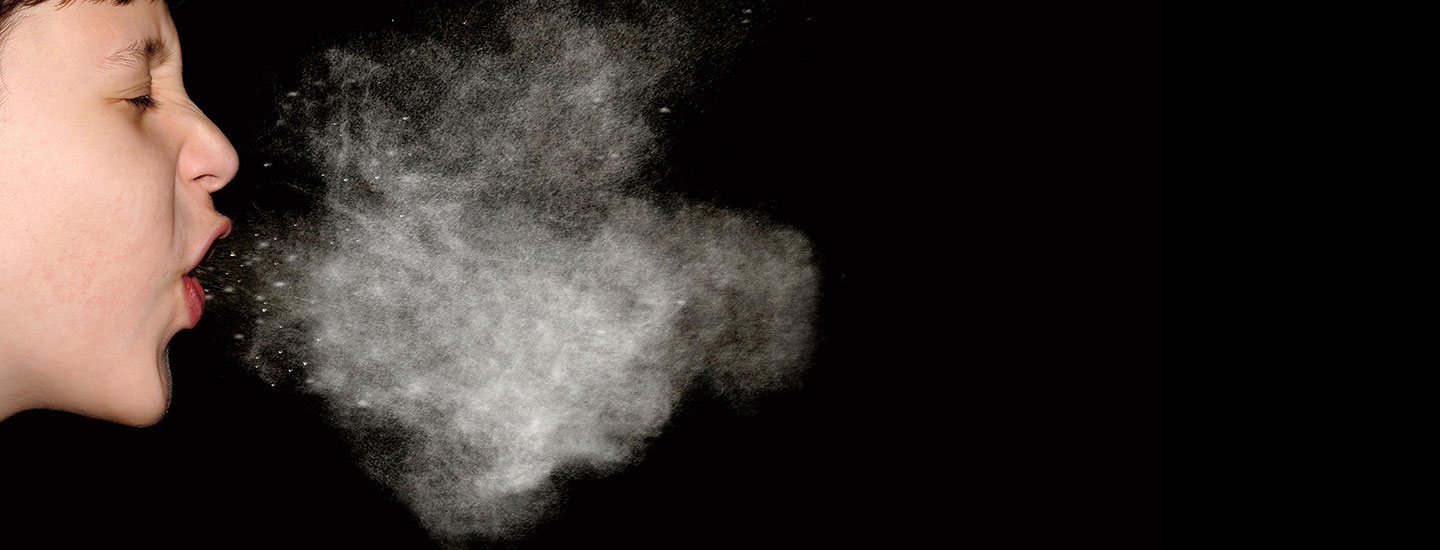First, there’s a tickle in your nose. And then, “ACHOO!” A sneeze lasts less than a second. Yet in that time, droplets of snot travel an average of six feet!
Sneezing is a natural reflex. It happens when your nose detects germs, dust, or other small particles. Tiny nose hairs called cilia trap the particles. Then your body gets rid of them with mucus and a big burst of air.
Sneezes can keep you healthy. But they can also make someone else sick. That’s why Lydia Bourouiba studies sneezes. “We want to understand how diseases like the flu are spread,” she says
First, there’s a tickle in your nose. And then, “ACHOO!” A sneeze lasts less than a second. Yet in that time, droplets of snot travel an average of six feet!
Sneezing is a natural reflex. It happens when your nose detects small particles. Germs or dust are two examples. There are tiny hairs in your nose called cilia. They trap the particles. Then your body gets rid of the intruders with mucus and a big burst of air.
Sneezes can keep you healthy. But they can also make someone else sick. That’s why Lydia Bourouiba studies sneezes. “We want to understand how diseases like the flu are spread,” she says.

